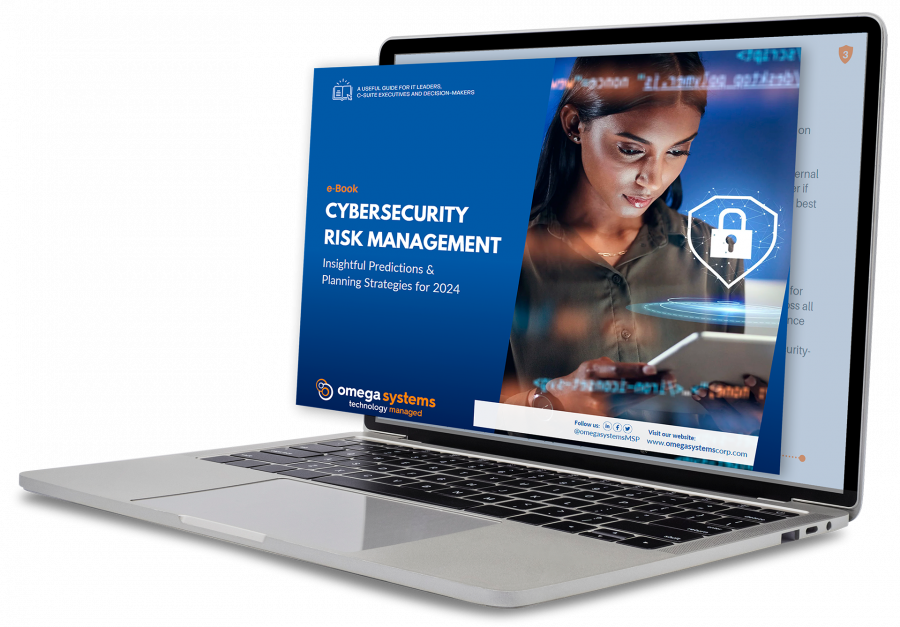
We are all on the go, and increasingly mobile, which means that in a lot of circumstances, we are spending more time connecting to public Wi-Fi networks. But, is connectivity more valued than security?
With the rise of Bring Your Own Device (BYOD) in the workplace, employees are able to access email and company data from anywhere. Catching up on work at a local Starbucks seems harmless, but is it?
While you’re responding to client emails or putting the finishing touches on an upcoming presentation, there are cybercriminals ready to access your data lurking in the background of public Wi-Fi .
“The biggest threat to free Wi-Fi security is the ability for the hacker to position himself between you and the connection point.” – Kaspersky Lab
It is important to work with an IT Managed Service Provider (MSP) to educate your employees on the risks associated with public Wi-Fi, establish company policies on the use of public networks and provide a remote access system, such as a Virtual Private Network (VPN), to safeguard your network against hackers.
The Risks of Public Wi-Fi:
Man in the Middle (MitM) Attack
An MitM attack is a form of eavesdropping, in which the attacker secretly intercepts and relays messages between two parties who believe they are communicating directly with each other. This gives the attacker the ability to capture and manipulate sensitive information in real-time.
Malware Distribution
A software vulnerability is a security hole in the operating system or software program. Hackers can exploit this weakness by writing code to target a specific vulnerability, and then inject the malware onto your device over the Internet.
Snooping and Sniffing
Cybercriminals can buy special s devices to help assist them with eavesdropping on Wi-Fi signals. This allows hackers to access everything your online activities, capture your login credentials, and potentially hijack your accounts.
Malicious Hotspots
These “rogue access points” trick victims into connecting to what they think is a legitimate network but instead it is a rogue hotspot. Just because the name sounds reputable, i.e., you are at a Marriott and the name of the hotel appears, it does not mean that you are.
Contact The TNS Group today to take the steps necessary to protect your biggest asset – your company data.
Categories: Managed Security Services, Managed Service Provider, MSP Blogs




